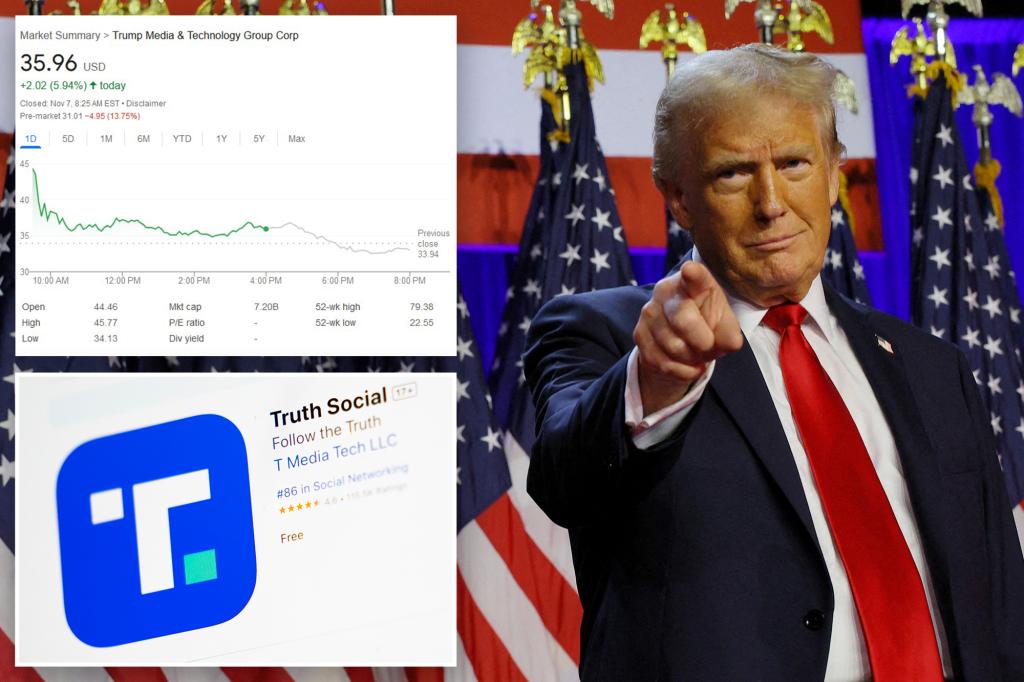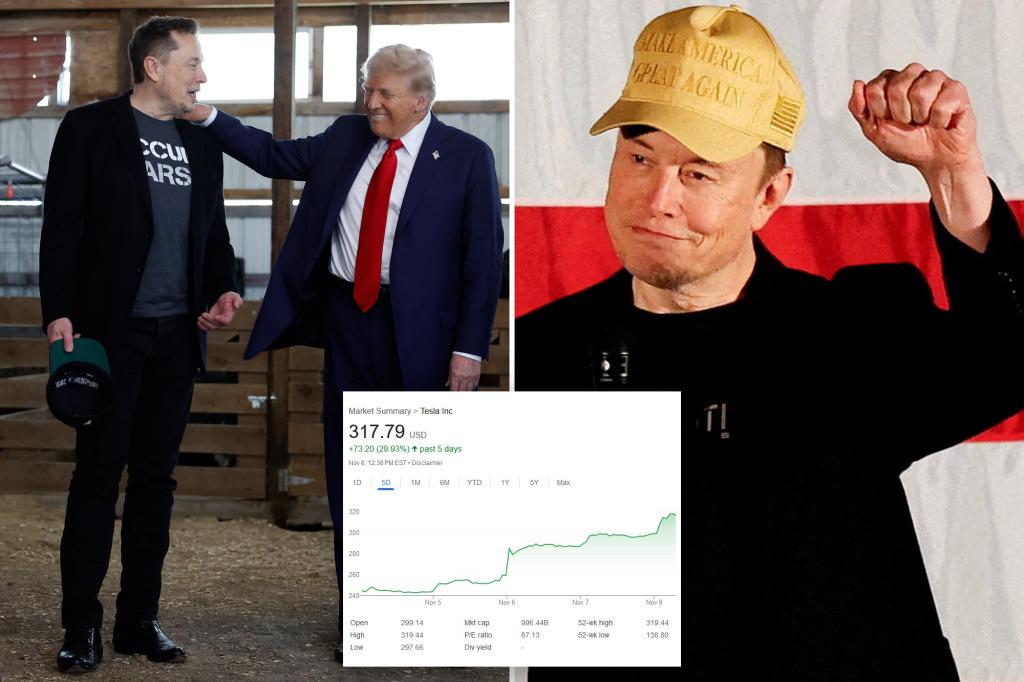Shailesh Prakash, a prominent executive at Google, has reportedly resigned from his position as vice president and general manager for Google News, marking a significant development amid the growing tensions between the tech giant and news publishers. His departure, which has raised questions, comes at a time when Google is facing increasing scrutiny and criticism from media companies that accuse the search engine of undermining their revenue streams and taking a disproportionate share of the advertising income.
Prakash’s resignation has sparked interest within the industry, as his tenure at Google coincided with the company’s ongoing struggle to balance the demands of publishers while also maintaining its powerful position in the digital advertising landscape. According to a source, Shailesh Prakash is no longer with the company, although the exact reasons for his resignation remain unclear. Google, when approached for comment, declined to provide any specifics on the matter.
Before joining Google in 2022, Shailesh Prakash had an extensive career in the news industry, which granted him a unique perspective on the challenges facing publishers in the digital era. He spent over a decade at The Washington Post, where he served as the chief product and technology officer. During his time there, Prakash was instrumental in leading the publication’s transition to a more digital-centric model, a shift that included the creation of an in-house advertising technology business.
His work at The Washington Post earned him recognition as a key player in driving digital innovation, and it was during this period that he also developed a strong working relationship with Amazon founder Jeff Bezos, who acquired the Washington Post in 2013 for $250 million.
Before his time at The Washington Post, Prakash also held roles at major companies such as Sears and Microsoft. His experience in both technology and media made him a valuable asset at Google, especially given the increasing competition and controversy surrounding the company’s impact on the news publishing industry.
The resignation of Prakash comes amid a series of ongoing challenges for Google, particularly in relation to its relationships with news publishers. Over the past few months, Google has been under fire for its business practices, with many publishers accusing the company of monopolizing digital advertising revenue and using their content without proper compensation.
These tensions have intensified following the introduction of a new feature by Google last May called “AI Summary,” which automatically generates summaries of news articles at the top of search results. Critics argue that this new feature not only decreases the visibility of publishers’ websites but also directly impacts their traffic and ad revenue by pushing them lower in search rankings.
The News Media Alliance, an organization that represents over 2,200 news publishers, including The Washington Post, has voiced strong objections to Google’s AI Summary feature. The group argues that the feature would have devastating consequences for the traffic and revenue of its members. In response, the Alliance has called for federal intervention, urging the government to take action against Google for what it sees as anti-competitive behavior that harms the broader news ecosystem.
Adding to the concerns, publishers have also raised allegations that Google has used their copyrighted content to “train” its artificial intelligence systems without providing proper attribution or compensation. This has sparked debates over the legal rights of publishers and the responsibility of tech companies like Google to fairly compensate them for their content.
Further exacerbating the situation, Google has been accused of evading legislative efforts aimed at ensuring that tech giants pay their fair share for the use of news content. For instance, recent reports have revealed that Google tried to use its influence within the U.S. Trade Representative’s office to block overseas regulations that would require companies like Google to pay for the right to display news content.
Specifically, this includes the Canadian Online News Act, which mandates that tech companies compensate news organizations for using their content in search results. These actions have further fueled the perception that Google is not only undermining the viability of publishers but is also attempting to sidestep regulations designed to protect their interests.
The situation has been further complicated by the ongoing investigation into Google’s digital advertising business. The U.S. Department of Justice (DOJ) has filed an antitrust case against Google, alleging that the company has used its dominance in digital advertising technology to create a bottleneck in the marketplace, effectively funneling revenue away from both publishers and advertisers.
The case, which is one of the most significant antitrust probes into Google’s business practices, is scheduled for closing arguments in November, with a final ruling expected in early 2026. The outcome of this case could have major implications for Google’s advertising practices and its relationship with the news industry.
In addition to the DOJ’s investigation, Google has faced legal challenges on other fronts as well. In August, a federal judge ruled that Google holds an illegal monopoly in the internet search market. This ruling has opened the door for potential remedies that could break Google’s dominance, with a ruling on possible solutions expected by next summer. The case has become particularly relevant in the context of the growing influence of artificial intelligence, with the DOJ warning that the rise of AI could further strengthen Google’s market power unless regulatory steps are taken to address the issue.
As the legal landscape continues to evolve, Google is also facing mounting pressure from publishers who are demanding fairer compensation for their content. The public outcry has put the company in a difficult position, as it struggles to balance the needs of publishers with its own business interests. The tension between Google and the news industry is unlikely to ease in the near future, as both sides continue to clash over issues of revenue, copyright, and the role of AI in content creation and distribution.
In conclusion, Shailesh Prakash’s resignation from Google comes at a pivotal moment for the company, as it grapples with increasing scrutiny from news publishers, regulators, and the public. Prakash’s experience in both the media and technology sectors made him a key player in Google’s efforts to navigate the complex world of digital news.
However, his departure raises questions about the company’s future direction in its dealings with the news industry and its response to the growing pressure for greater accountability. As the legal and regulatory challenges continue to unfold, it remains to be seen how Google will adapt to the evolving landscape of digital advertising and news publishing.


